SUMMARY
This is AI generated summarization, which may have errors. For context, always refer to the full article.

The testing of overseas Filipino workers (OFW) upon arrival in Cebu would curb the transmission of COVID-19 in quarantine hotels, a Department of Health (DOH) Central Visayas official said on Thursday, June 17.
Dr. Mary Jean Loreche, DOH Central Visayas chief pathologist, defended Cebu’s custom policy of swabbing OFWs and returning overseas Filipinos (ROFs) during a hearing held by the House committee on overseas workers affairs.
Under Cebu’s policy, travelers returning from abroad are swabbed on Day 1 of their arrival on the island, and again on Day 7.
“Upon arrival, they get tested and there were those that truly tested positive. And so, immediately, they can be extracted and transferred to our quarantine facilities,” she said.
This varies slightly from the Inter-Agency Task Force’s (IATF) policy of swabbing on the seventh day of hotel quarantine.
Cebu is standing firm on the legality and effectivity of its custom policies on the testing and swabbing of OFWs and ROFs despite pressures to concede to the national government’s protocols. This has even lead to the diversion of Cebu-bound flights to the Ninoy Aquino International Airport from May 29 to June 12.
During the committee hearing, Loreche presented data from May 8 to June 13 showing a .29% positivity rate detected during Day 1 testing, and a .39% positivity rate during Day 7 testing.
Despite positivity rates being less than one percent in both testing days, Loreche stressed that without Day 1 swabbing, undetected positive cases may mingle with fellow OFWs in the quarantine facilities, exposing more people to the virus.
“But the thing here is, we have to take into account that if we do not test them upon arrival, and we allow them in the quarantine hotels, the quarantine hotels are not manned 24/7. What is the probability that you do not know who is positive? Who is roaming around may be chatting with the rest of his teammates in the same facility or maybe would go out and buy food or meet with their family members?” she added.

After Cebuano OFWs receive their negative RT-PCR results after 2 to 3 days of staying in the quarantine hotels, they are either transferred to barangay isolation facilities in their respective local government units or allowed to go on home isolation to complete the IATF’s quarantine requirement.
Here is where the national task force has a problem, as pointed out by Dr. Althea De Guzman, a medical specialist at the DOH Epidemiology Bureau. Speaking as a representative of the IATF, De Guzman stressed the task force is concerned not so much about the day of testing but the island’s adherence to hotel quarantine requirements.
“I think the point that our experts would like to put across, the argument really, is not when we are testing – is it the first, the fifth, or the seventh day? Our experts are stating the need for strict quarantine,” De Guzman said.
“Kapag ang ating incoming travelers ay hindi po natin nasigurado na sila talaga ay naka-quarantine, posible po na mag-introduce sila ng infection to our country,” she added, noting multiple variants of concern that could be carried into Philippine borders by inbound travelers.
(If our incoming travelers do not strictly undergo quarantine, they could possibly introduce infection to our country.)
Under the IATF’s whole-of-nation approach, returning Filipinos from abroad are required to quarantine for 14 days, 10 of which should be spent in quarantine hotels.
‘You have to be there’
Committee chair and Trade Union Congress of the Philippines Representative Raymond Mendoza noted that the IATF must deploy experts on the ground instead of merely relying on data to back their stance against Cebu’s custom policies.
“Let us not do battle with data and data. You have to be there. Go to Cebu and look at it. And I think you have a commitment there, Dr. Then you can do battles with the data at that time,” he said, addressing De Guzman.
De Guzman, for her part, has given the IATF’s commitment to deploy experts who will observe and study the protocols in Cebu. She said the health personnel are expected to visit Cebu island within this week or next week.
According to data from DOH Central Visayas, the entire island of Cebu has a total of 1,550 active COVID-19 cases as of Wednesday, June 16. Of this, 483 are from Cebu province, 673 are from Cebu City, 210 are from Lapu-Lapu City, and 184 are from Mandaue City. – Rappler.com
Add a comment
How does this make you feel?
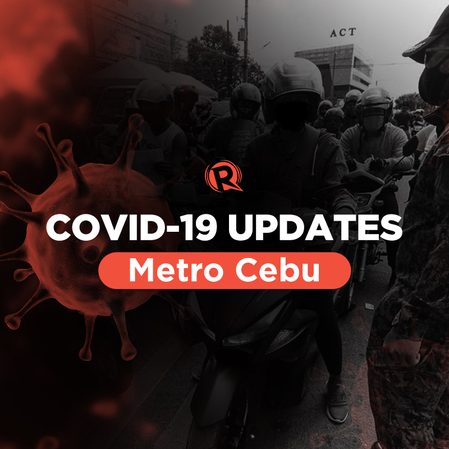

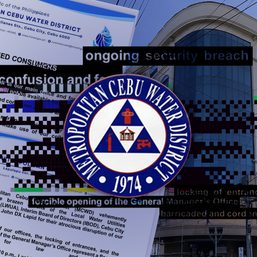
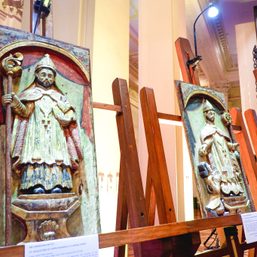
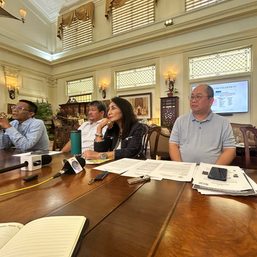

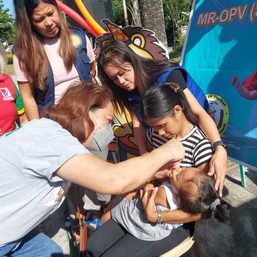
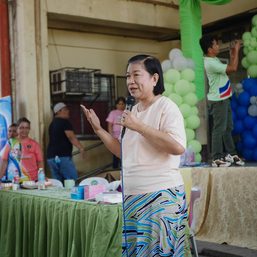
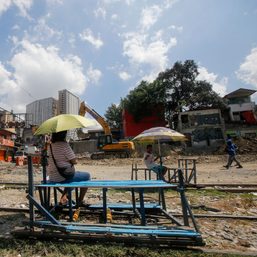

![[OPINION] Beyond infrastructure: Ensuring healthcare access for the poor](https://www.rappler.com/tachyon/2024/03/tl-healthcare-access-03402024.jpg?resize=257%2C257&crop_strategy=attention)
There are no comments yet. Add your comment to start the conversation.